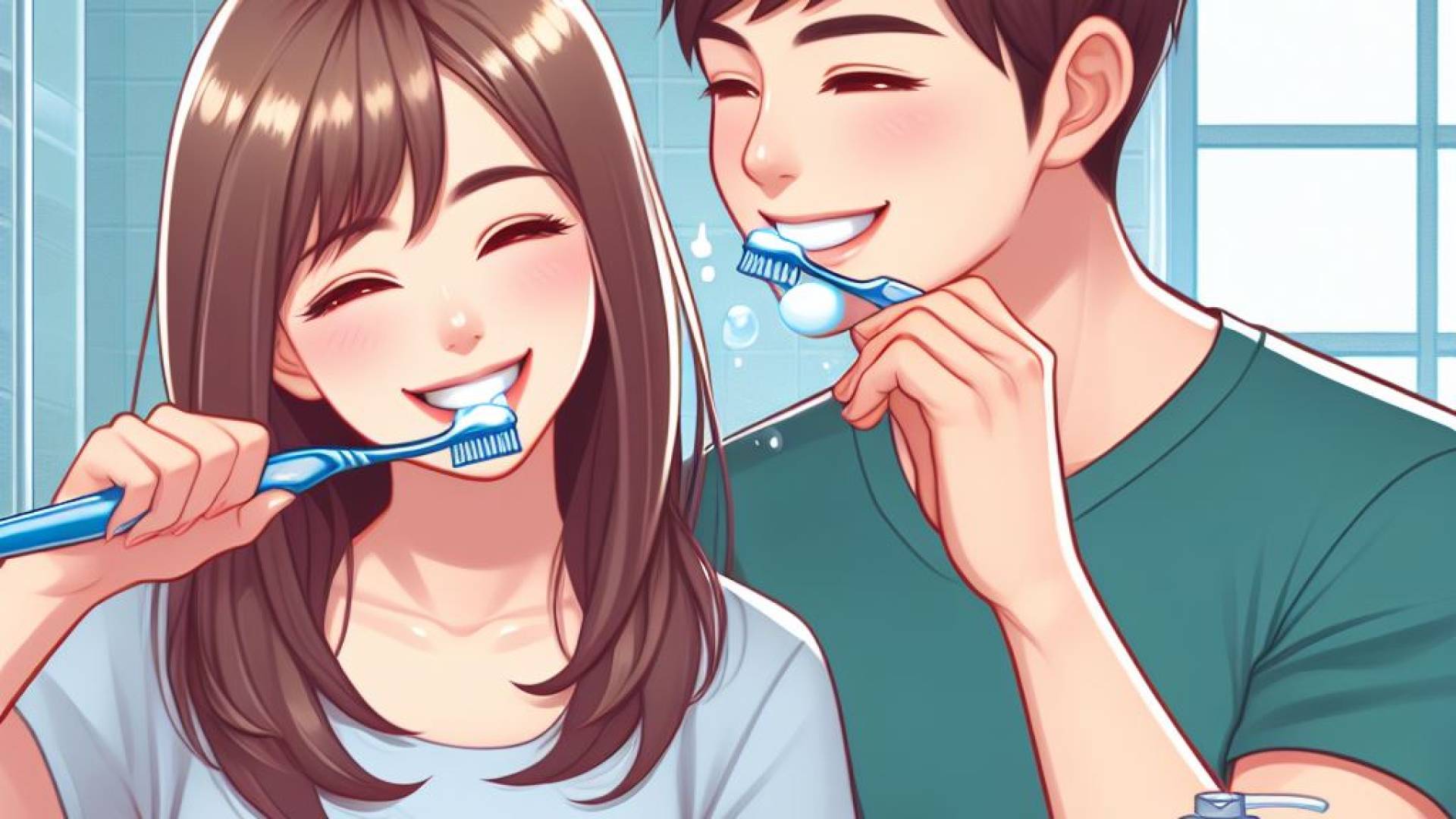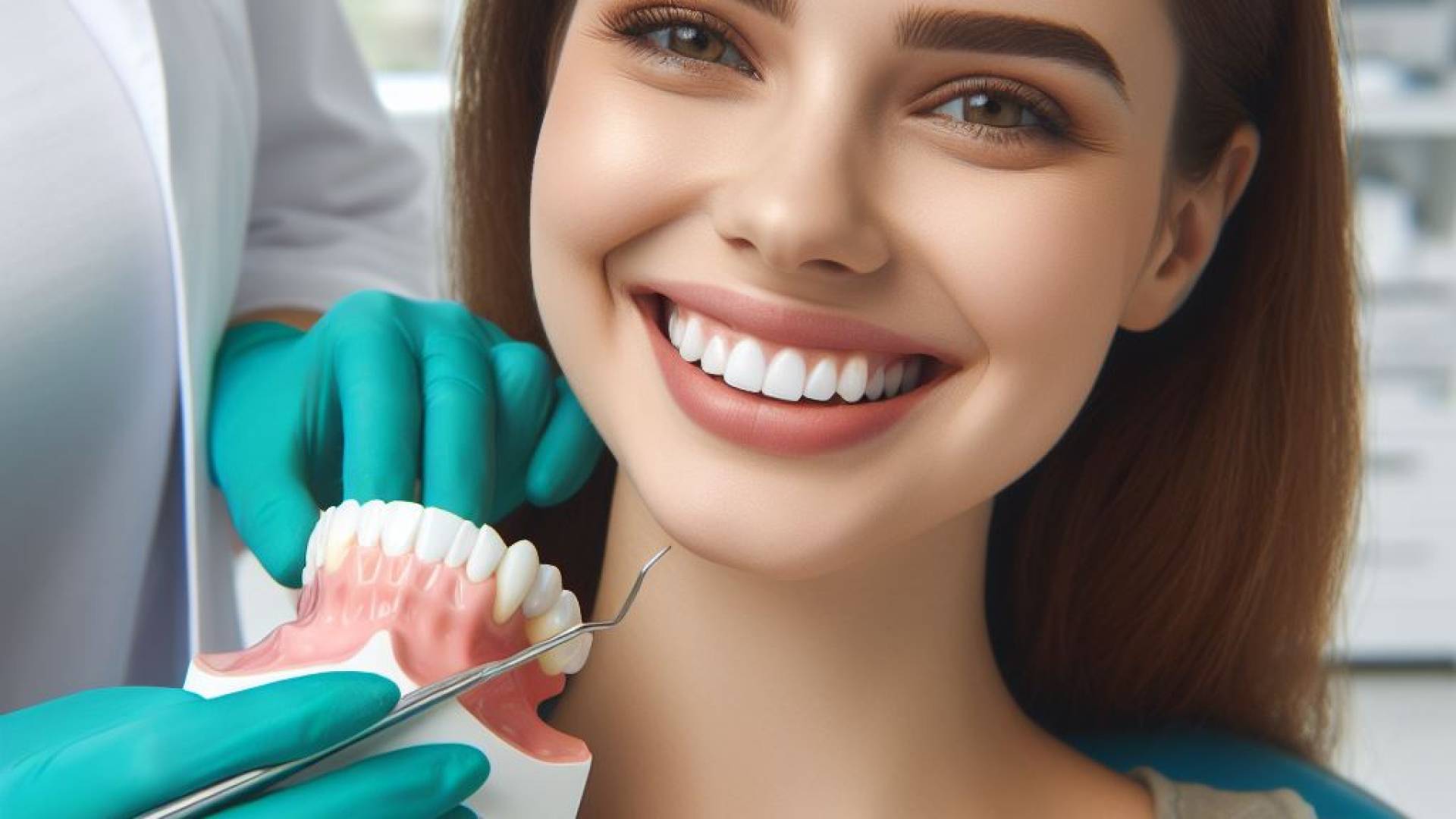
How Oral Health Affects Your Whole Body?
What Is The Connection Between Oral Health and Mental Well-being?
Can You Get Sick From Not Brushing Your Teeth?

Eliminate E-Cigarette for Gums' Sake
E-cigarettes, touted as a ‘safer’ alternative, contain toxins like nicotine, which not only compromise blood flow but also impede the natural healing of gums. A recent study from the University of Connecticut highlighted a significant correlation between vaping and oral health issues. E-cigarette users showed a 76% higher likelihood of developing gum disease and a 67% increased susceptibility to oral bone loss compared to non-vapers. Protect your gums by eliminating E-Cigarette from your routine.
Choose Fibre for Fresh Breath
Make Time to De-Stress for Your Teeth
Drink Tea: A Soothing Elixir for Your Gums
My Final Thoughts
FAQs
1. Why is brushing not enough for optimal oral health?
Brushing is a crucial component of oral hygiene, but it alone may not suffice for optimal oral health. While it helps remove plaque and debris from the teeth’s surfaces, flossing, professional cleanings, and a comprehensive dental care routine are equally essential. These practices address areas that brushing might miss, promoting healthier gums and preventing issues like cavities and gum disease.
2. How often should I visit the dentist for a check-up?
Regular dental check-ups are pivotal for maintaining oral health. It is generally recommended to visit the dentist at least twice a year for routine check-ups and cleanings. However, your dentist may suggest more frequent visits based on your oral health needs. These regular check-ups help detect and address dental issues early, preventing potential complications.
3. Can stress impact my oral health?
Yes, stress can significantly impact oral health. Stress-induced habits like teeth grinding and jaw clenching can lead to issues such as enamel wear and jaw pain. Managing stress through relaxation techniques, mindfulness, or consulting your dentist for a custom mouth guard can help safeguard your oral health.
4. How does diet affect oral health?
Diet plays a crucial role in oral health. Consuming a balanced diet rich in calcium, phosphorus, and vitamin D promotes stronger teeth and bones. High-fiber foods, like fruits and vegetables, act as natural scrubbers for your teeth, while minimizing sugary and acidic foods helps prevent tooth decay and enamel erosion.
5. Are there alternatives to traditional braces for orthodontic issues?
Yes, there are alternatives to traditional braces. Invisalign, for example, uses clear aligners to straighten teeth without the need for metal braces. Lingual braces, placed behind the teeth, offer a discreet option. Consulting with an orthodontic specialist can help determine the most suitable option based on individual needs and preferences.
Credit/writen by – Open elite Digital Marketing team
